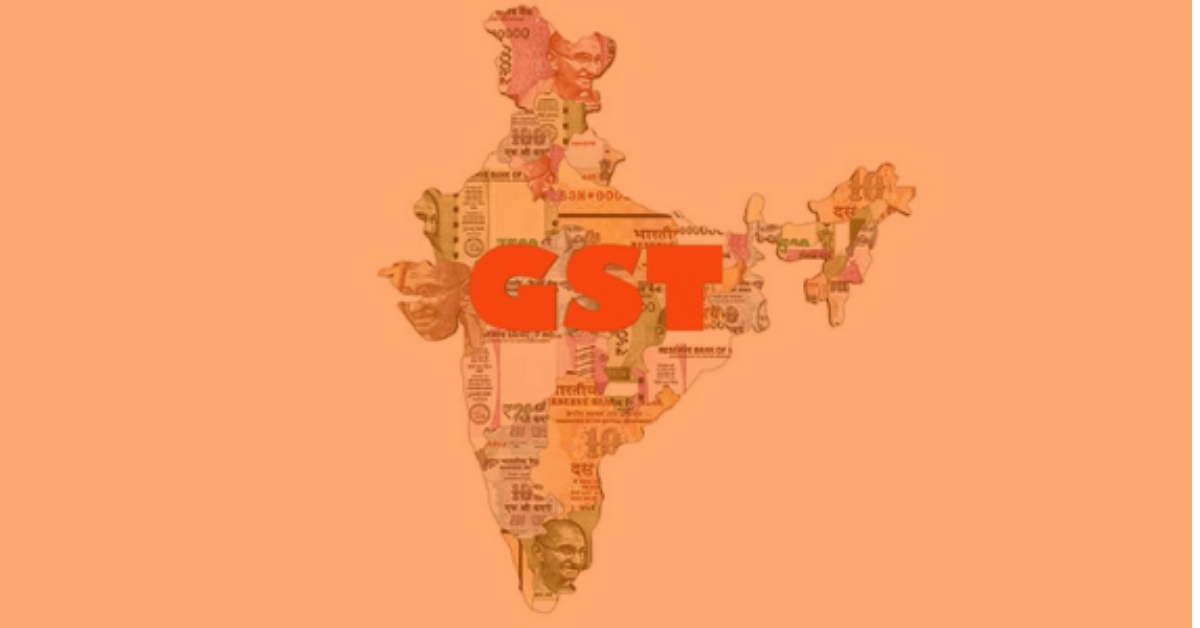
India will see these reforms in the new financial year
Another financial year is on the brink of closure and a brand new year approaches. 2020-21 is one to look out for, especially in India, because the Government is all set to introduce a plethora of reforms for its citizens. From a new GST return system and mandatory e-invoicing to new income tax slab rates - there's a lot going down in 2020. Here's everything you need to look forward to this year.
New Returns System under the Goods and Services Tax
In its 37th Council meet, the Goods and Services Tax (GST) Network announced the introduction of a simplified return filing system, christened GST 2.0. Unlike the current return filing system, this new return system will be user-friendly, will have a reduced number of forms and is expected to help reduce the turnaround time to process input tax credit claims.
The new return systems will be following a workflow-driven mechanism instead of the current supplier driven system. This means it will require taxpayers to fill in a lot more details, including purchases from unregistered dealers. Firms will be required to alter their ERP systems as a result.
Additionally, uploading of invoices to the GST portal will no longer be limited to a window of opportunity. Taxpayers will be able to upload invoices to the GST portal 24/7 and even approve or reject an invoice in real-time. Nearly 80% of the tables in the Return forms will be auto-populated, and taxpayers will be required to fill in the fields for reporting outward supplies and availing of ITC on the basis of the invoices uploaded by suppliers. For those reporting nil sales, returns can be filed using a text message-based system.
Mandatory e-invoicing to support the GST new return system
Another significant reform in 2020 will be the introduction of mandatory e-invoicing. One of the major issues faced in the current version of the GST returns filing system is that information is uploaded manually across varied invoice formats - leaving plenty of scopes for taxpayer returns to be riddled with errors resulting in mismatched data and a large gap in data reconciliation. Under the new e-invoicing system, taxpayers will be introduced to a standardised invoicing template that can be read by any accounting software and will be interoperable. This invoice format is compliant with GST laws as well as other Indian tax laws and adheres to international standards. Taxpayers will be required to adhere to the prescribed e-invoice standard and upload the same to the e-invoicing portal for validation. Once authenticated, details from the e-invoice can be shared along with the e-way bill, and GST returns portal for auto-populating. Fewer errors will lead to faster availability of input tax credit, lower probability of tax audits, efficient tax collection system and a possible containment of tax evasion.
New income tax regime starting 2020-21
In her speech on Budget 2020, India's Union Finance Minister, Nirmala Sitharaman announced the introduction of a new income tax slab starting from the new financial year. This new slab is being introduced on the personal tax front. But these slabs come with a catch and taxpayers opting to file personal income tax returns under such a slab will have to forego certain exemptions under Section 80C of the Income Tax Act. Any taxpayer can opt for the new tax structure (with lesser slab) if they opt-out of declaring their investments, earnings and filing return according to the old regime.
PAN and AADHAR linking to be mandatory
In yet another measure to curb identity theft, tax evasion and fraud cases, the Government has announced that the Permanent Account Number of citizens and organisations will become inoperative if it is not linked to Aadhar identity by April 1st 2020. While the deadline has been extended multiple times, a large percentage of PAN cards are yet to be linked with Aadhar cards. Inoperability of the permanent account number will hinder the smooth filing of IT returns for taxpayers.
With sluggish growth in the last financial year and the Government's continued struggle to keep up with their revenue targets, these new reforms which are likely to be implemented from April 1st 2020, could be a stepping stone to normalise an otherwise unstable economy.
Prepare your business for e-invoicing under GST
Discover how to meet all compliance requirements while integrating e-invoicing into your tax function.

Stay up to date
Sign up for our free newsletter and stay up to date with the latest tax news.



